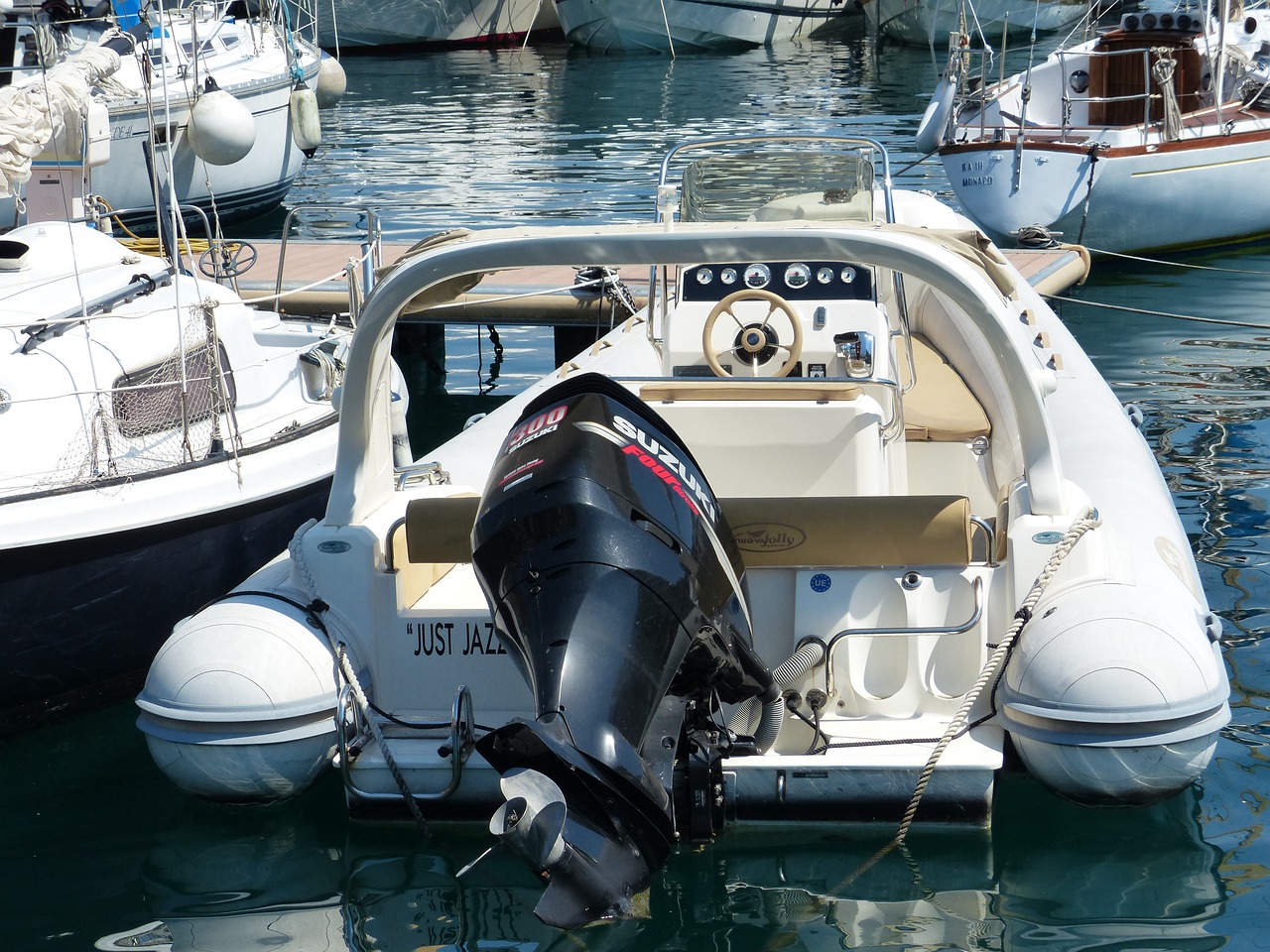When it comes to powering your marine vessel, the engine is at the heart of the matter. The efficiency, reliability, and performance of your boat greatly depend on the kind of engine you choose to install. Among the multitude of options available, 2-stroke and 4-stroke engines stand as the two main pillars. But which one should you pick?
In this post, we’ll delve deep into the characteristics, advantages, and disadvantages of 2-stroke and 4-stroke marine engines to help you make an informed decision. Buckle up for a comprehensive comparison!
2-Stroke Marine Engines: An Overview
Known for their raw power and simplicity, 2-stroke marine engines have a unique charm that attracts many boat enthusiasts. With just two movements of the piston (one cycle of up and down), they complete an entire power cycle. This structure allows 2-stroke engines to generate a significant power output, making them an attractive choice for speed-loving boaters.
Pros of 2-Stroke Engines:
- High power-to-weight ratio: The 2-stroke engine is lightweight yet capable of delivering substantial power.
- Simplistic design: With fewer moving parts, they’re often easier and cheaper to maintain and repair.
- Lower initial cost: 2-stroke engines are usually more affordable upfront compared to 4-stroke engines.
Cons of 2-Stroke Engines:
- Lower fuel efficiency: 2-stroke engines typically consume more fuel due to their working mechanism.
- Environmental impact: They often produce more emissions, which might not align with the increasing environmental regulations and standards.
4-Stroke Marine Engines: An Overview
The 4-stroke marine engine, on the other hand, is a more modern and sophisticated choice. These engines complete a power cycle in four piston movements: intake, compression, combustion (power), and exhaust. They are generally more fuel-efficient and environmentally friendly than their 2-stroke counterparts, making them a popular pick for long-range cruising.
Pros of 4-Stroke Engines:
- Fuel efficiency: 4-stroke engines are known for their superior fuel economy.
- Less noise and smoother operation: These engines tend to run smoother and quieter, enhancing the overall boating experience.
- Environmental friendliness: They usually produce fewer emissions, in line with stricter environmental standards.
Cons of 4-Stroke Engines:
- Higher upfront cost: The initial cost of a 4-stroke engine can be higher due to its more complex structure.
- More maintenance: With more moving parts, these engines might require more regular maintenance.
Comparing 2-Stroke and 4-Stroke Engines
When it comes down to picking between 2-stroke and 4-stroke engines, the decision hinges on your specific needs, budget, and personal preferences.
Power vs. Efficiency: If you crave power and speed, a 2-stroke engine might be your pick. On the other hand, if you prioritize fuel efficiency and smooth, quiet operation, you’ll likely prefer a 4-stroke engine.
Cost vs. Environment: The decision also depends on your budget and your stance on environmental concerns. While 2-stroke engines may cost less upfront and have less maintenance, they are less fuel-efficient and produce more emissions. 4-stroke engines, while more expensive, are more environmentally friendly and fuel-efficient, potentially saving you money in the long run.
Maintenance: In terms of maintenance, the simpler design of 2-stroke engines can make them easier and less expensive to repair. Conversely, the 4-stroke engines, with more moving parts, may require more regular maintenance and potentially higher repair costs.
Weight: Another factor to consider is weight. Due to their simpler design, 2-stroke engines tend to be lighter than 4-stroke engines. This can be a crucial factor for smaller vessels where weight impacts speed and handling significantly.
Additional Resources and Next Steps
Now that you’re armed with knowledge about the strengths and weaknesses of 2-stroke and 4-stroke marine engines, what’s next? Here are some additional resources and steps to help you on your journey:
Consult with Professionals: Before making a final decision, consult with a marine engine professional or trusted boat dealer. They can provide additional insights tailored to your specific needs.
Research Specific Brands: Different brands offer various models of 2-stroke and 4-stroke engines. Look into Yamaha, Mercury, and Honda, among others, to see which have the specifications you need.
Boating Forums: Connect with other boating enthusiasts on forums such as The Hull Truth or Boat Design Net. These communities can provide real-world advice and feedback from their experiences with different engines.
Environmental Considerations: Check out resources from the Environmental Protection Agency for more information on emissions standards and how your engine choice can impact the environment.
Conclusion: Which Engine is Better?
It’s clear that both 2-stroke and 4-stroke engines have their distinct strengths and weaknesses. The “better” option ultimately depends on your specific needs and preferences.
If you’re seeking high-speed thrills and are willing to compromise on fuel economy and environmental impact, a 2-stroke engine might be your best bet. Conversely, if you prioritize fuel efficiency, smooth operation, and environmental consciousness, a 4-stroke engine would likely be a superior choice.
In the end, it’s crucial to consider the specific use of your boat, your budget, environmental concerns, and maintenance comfort before making a decision. Regardless of which type of engine you choose, be sure to maintain it properly to ensure it serves you well for many years.
Choosing the right engine can enhance your boating experience and ensure that your trips on the water are enjoyable and memorable.

